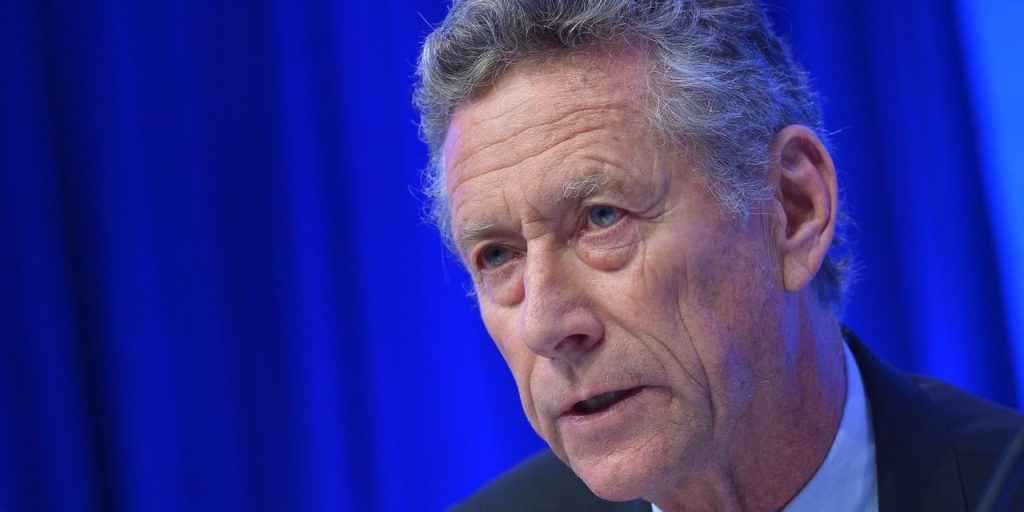Former IMF chief economist Olivier Blanchard, one of the first economists to warn about high inflation in the waning days of the pandemic, now says inflation can come down on its own because the shocks that kept inflation percolation in the 1970s seem absent today.
During the 1970s when inflation went higher, it set of a chain of events that led to ever-higher prices. Perhaps the clearest example is that many unions won concessions from management to have inflation factored into their annual pay gains. While this was good for the workers, it laid the groundwork for businesses to charge even higher prices These shifts came to be called “second-round effects.”
In a talk Friday at the IMF, Blanchard said he was pleasantly surprised that these second round effects seem absent.
“I was really worried about second-round effects – other prices and wages moving. There has been nearly no second-round effect in the U.S.,” Blanchard said.
He said the lesson is that there was enough credibility at the Federal Reserve about medium-term inflation.
People seem to be saying ‘ok, inflation is there but it will not stay’,” Blanchard.
There will be more pressure on prices from the supply-side of the economy like oil price. He advised the Fed not to overreact to these price shifts by raising interest rates sharply.
Blanchard said he did predict the runaway inflation that occurred in the wake of the massive COVID-relief packages passed by Congress during the pandemic.
While he was right about the inflation, Blanchard said he was wrong about the reasons behind it.
Blanchard said he thought the federal government’s stimulus payments would lead to a spike in demand, which would lead to a low unemployment rate and enormous wage pressure.
But that’s not what has happened.
Instead of the labor market, inflation came from the price of basic goods, large increases in energy and food prices combined with shortages of other goods that led to price spikes.
Blanchard said the reason why commodity prices spiked is still an open question.
But more good news is that commodity prices have now stabilized and so the only engine left for price gains is the labor market.
“At the moment, the labor market is overheated so the Fed has to slow it down,” he said.
“Inflation is going to come down quite a bit on its own, but it will not come down to 2%,” he said.
.
Read the full article here




